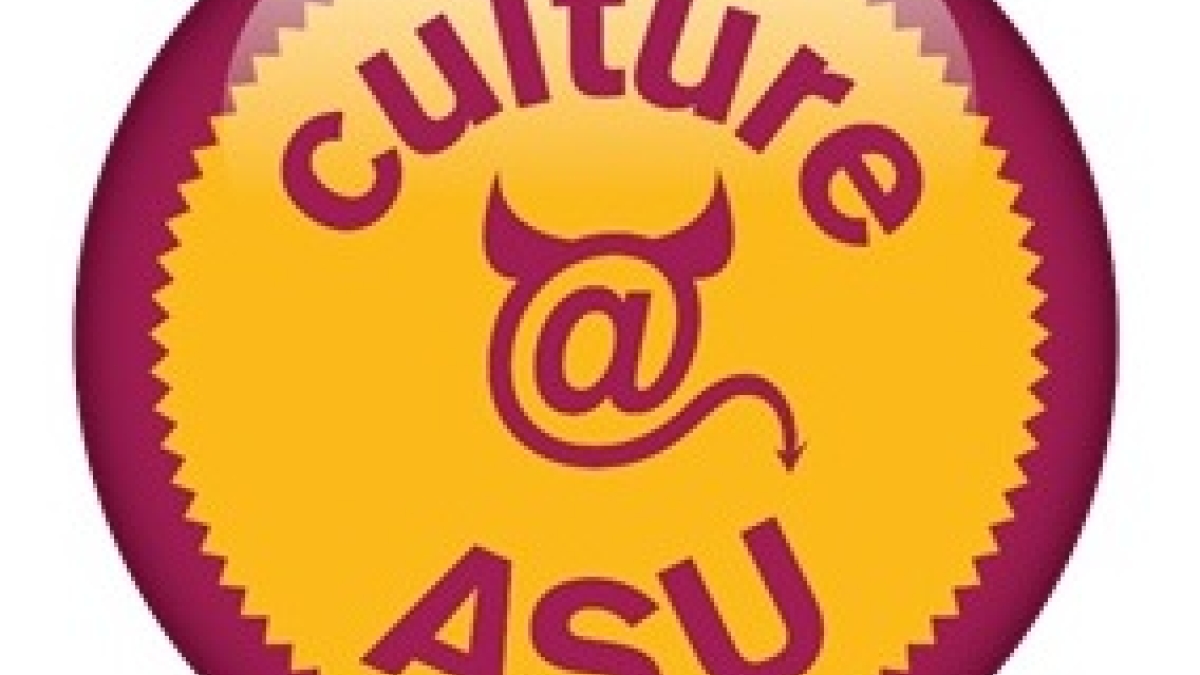Student-led initiative celebrates culture at ASU

One of the facets of Arizona State University’s model for a New American University is the commitment to measuring success not by who we exclude, but by who we include. And with a student body that numbers over 75,000, it should come as no surprise that besides being one of the largest, it’s also one of the most diverse in the nation.
In the past decade alone, ASU has seen a 127 percent increase in the total number of minority students it graduates, a 63 percent increase in minority faculty members and a 25 percent increase in minority employees.
In such an increasingly diversified environment, it becomes equally important to not just be aware of, but also to understand and celebrate the various cultures that make up the university community. But the importance of appreciating the differences between cultures doesn’t stop at the campus boundaries; it extends into the “real world,” beyond college and throughout the rest of your life.
Having a more diversified worldview is tantamount to increasing your ability to contribute meaningfully to society, and if you ask Alonzo Jones, associate dean of students for the Office of Student and Cultural Engagement: “Just because the world is getting closer,” through such means as Skype and more easily accessible travel, “doesn’t mean that our worldview is getting closer. Differences between people can be points of common understanding, or they can be points of conflict.”
Creating opportunities for students to experience the cultures of the world is something every institute of higher education should consider a priority to instill within their students, added Jones.
Recently ASU has taken steps to ensure that students are leading the way in celebrating culture a part of their Sun Devil experience. In April 2013, Jones and other leaders at ASU invited students from all locations to come together and asked them: “How do we elevate culture at Arizona State University as a value?”
The response was overwhelming, resulting in the formation of the Culture@ASU student-led initiative, which consists of a student facilitator and student committees. A goal of the initiative is to highlight the many ways that ASU as a community celebrates culture, including a vast array of programs, events, performances, lectures and other artistic expressions and experiences. The ultimate goal is to help develop a sense of awareness, understanding and appreciation for various cultures and cultural expressions that will resonate with students beyond their years at ASU.
Though still in its infancy, the student leaders of Culture@ASU have participated in several events, upholding its mission to celebrate each student and the unique qualities and traditions they bring to ASU and also increasing awareness of the initiative at the same time. Some of those activities include the Fall Welcome Culture@ASU Festival, the ASU Dance Marathon fundraising event, the health-and-wellness-themed Yogatta Rock Your Body event (which they co-sponsored) and a Memorial Union window-painting competition.
The group has made a significant effort to centralize all the culturally-related events into one accessible, free online app, called SunDevilsCount. This year alone, there were several hundred events registered with the app that included many Culture@ASU events. SunDevilsCount allows students to make the most out of the university events they attend. All a student needs to do is check in with their smartphone or swipe their Sun Card with a reader provided at event entrances to receive points and prizes for attending.
The Culture@ASU student group also meets every Friday to evaluate their progress and brainstorm new activities and ways to get the word out their initiative. They function like a governing body, with six separate departments: Operations, focusing on internal issues like budgeting and supplies; Peer to Peer, focusing mostly on social media; Awareness, focusing on recruitment; Environment, focusing on finding spaces for events; Creation & Innovation, focusing on film and media production, and also scouting performances, etc. on campus; and Festival, focusing on securing creative performers and activities for events.
According to biochemistry senior Iteri Eni-aganga, just academics aren’t enough anymore; students need a cultural education as well. As the only Nigerian-American in her field of study at ASU, Eni-aganga says that being a part of the Culture@ASU initiative has helped her to better understand and more effectively communicate with others at the university. And that is just one of the ways the initiative is creating positive change at ASU.
Culture@ASU is open to students at all of ASU’s campuses: join the Culture@ASU committee and become a part of the Facebook community.